Brexit appeal: UK government dismisses 'tortuous' Welsh case
- Published
David Cornock says Welsh ministers claim the legal basis for devolution is at stake
The UK government has dismissed as "tortuous" an argument by Wales' top legal advisor that allowing ministers to trigger Brexit without consulting Parliament would undermine devolution.
The Supreme Court is hearing a four-day appeal by the UK government against a High Court ruling that it had to get MPs' approval to start the process.
The Welsh view will be put on Thursday.
Wales' Counsel General Mick Antoniw said he was seeking to uphold democracy and the rule of law.
The UK government claims Prime Minister Theresa May can invoke Article 50 of the Lisbon Treaty to launch the formal two-year process of leaving the European Union using crown prerogative - powers used by ministers that do not require the permission of MPs.
But Mr Antoniw has argued starting this process would "modify the competence of the National Assembly for Wales and the Welsh Government".

Mick Antoniw says the UK government cannot override the British constitution
The Pontypridd AM said a rule called the Sewel Convention means Welsh ministers should be consulted over Westminster decisions on devolved matters.
However, the UK government rejected this argument in a written submission, external to the Supreme Court ahead of the hearing beginning on Monday.
It stressed that the "conduct of foreign relations", including those with the EU, were not devolved to Wales, Scotland or Northern Ireland.
The submission added: "The tortuous attempt by the Counsel General ... to generate some relevance of EU law to s. 154(2) of the Government of Wales Act, on interpretation of devolved legislation, is a telling sign of the paucity of his examples."
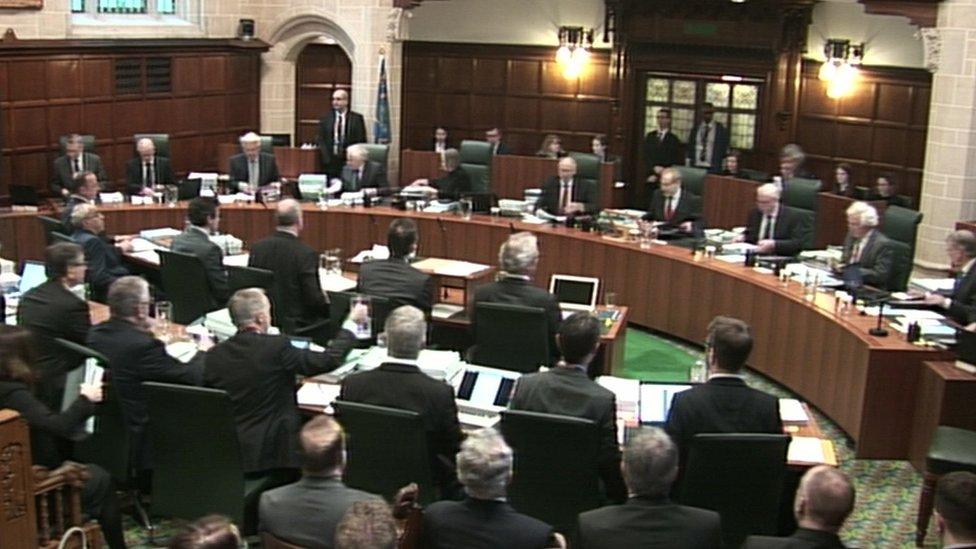
The Supreme Court has begun a four-day hearing over the UK government's right to trigger Brexit
Welsh Secretary Alun Cairns has said he hoped the Welsh Government was not getting involved in the Supreme Court appeal as a means of trying to block Brexit.
He pointed out that a majority of people in Wales, and across the UK, had voted in favour of leaving the European Union.
But speaking to BBC Radio Wales on Monday, Mr Antoniw said: "This isn't anything to do with the referendum - it's nothing specifically to do with Brexit or the merits of de-merits of it.
"What this is about is the correct constitutional process for making significant constitutional change," he told the Good Morning Wales programme.
"We've had developing for the last 300 years a series of constitutional rules which basically say Parliament is sovereign, Parliament makes the key decisions, and the royal prerogative cannot be used to overturn legislation, the rights of individuals or parliamentary democracy."
- Published14 November 2016
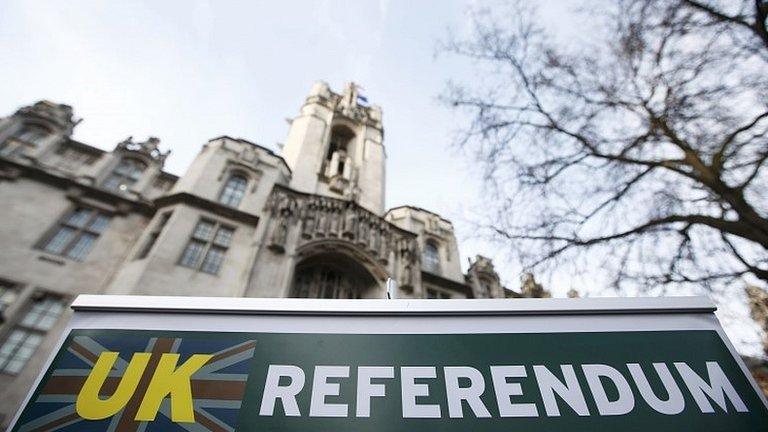
- Published5 December 2016
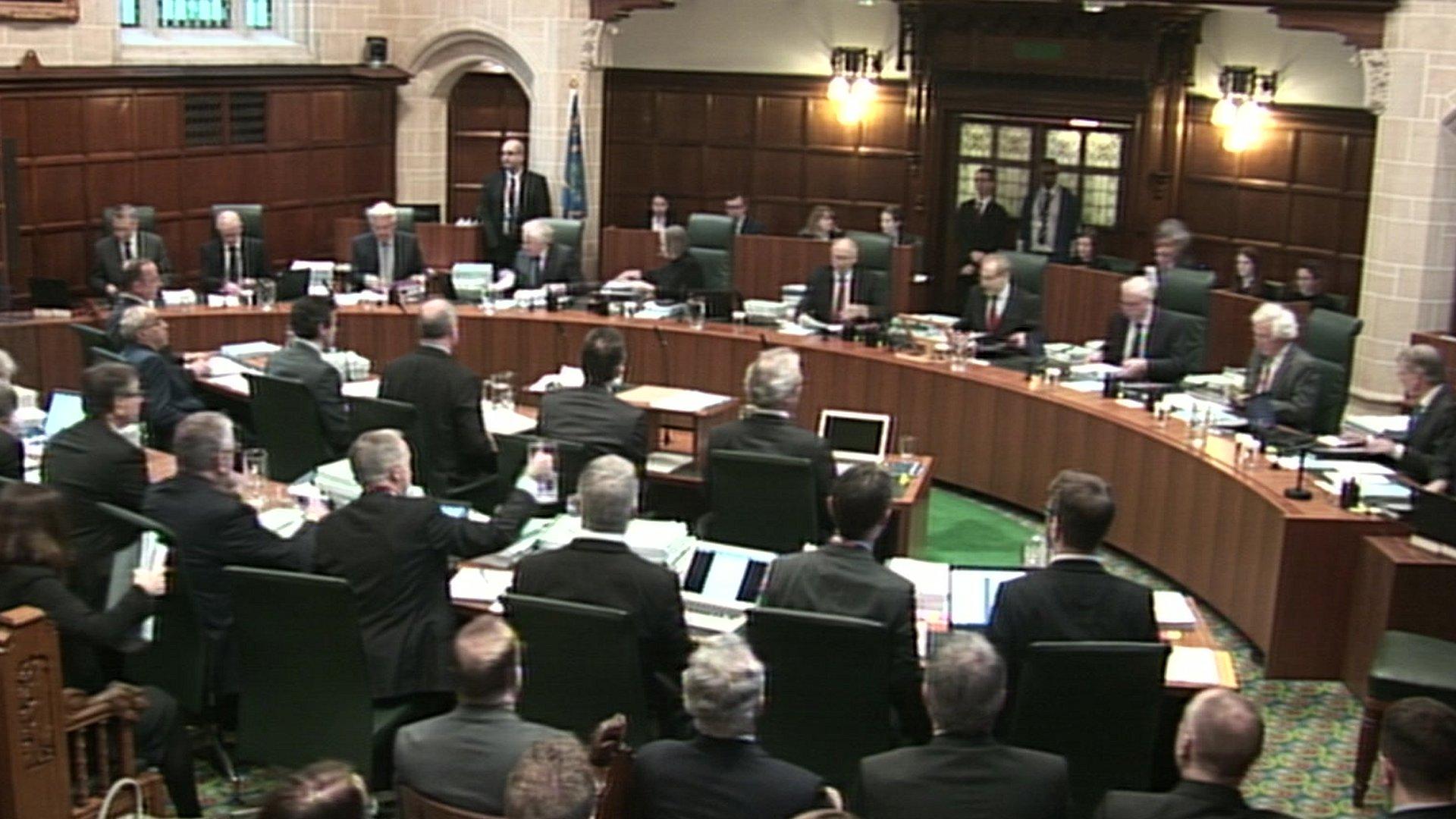
- Published5 December 2016
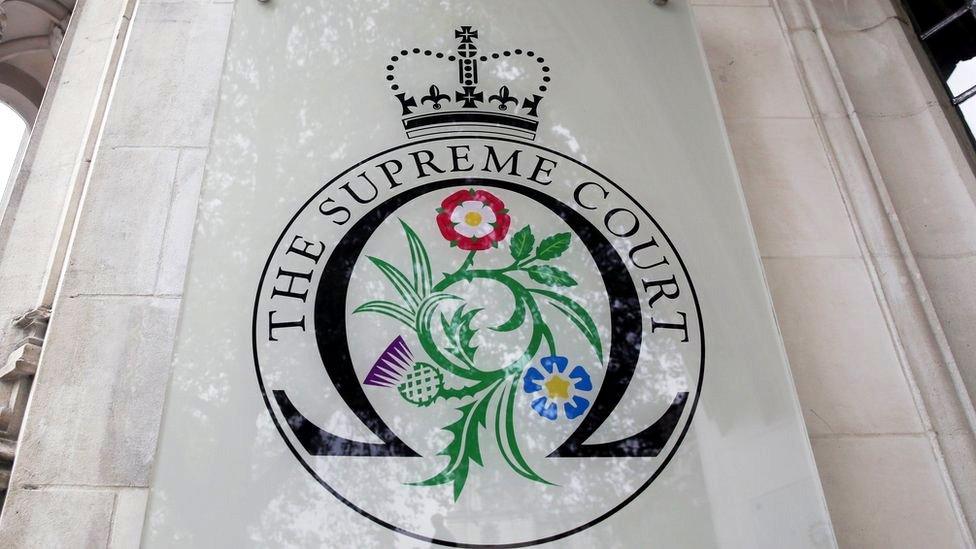
- Published4 December 2016
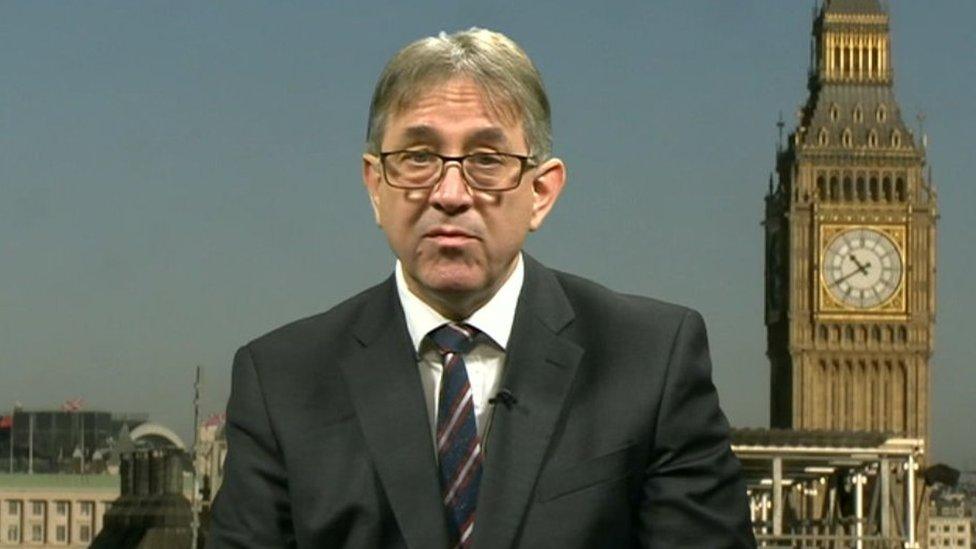
- Published27 November 2016
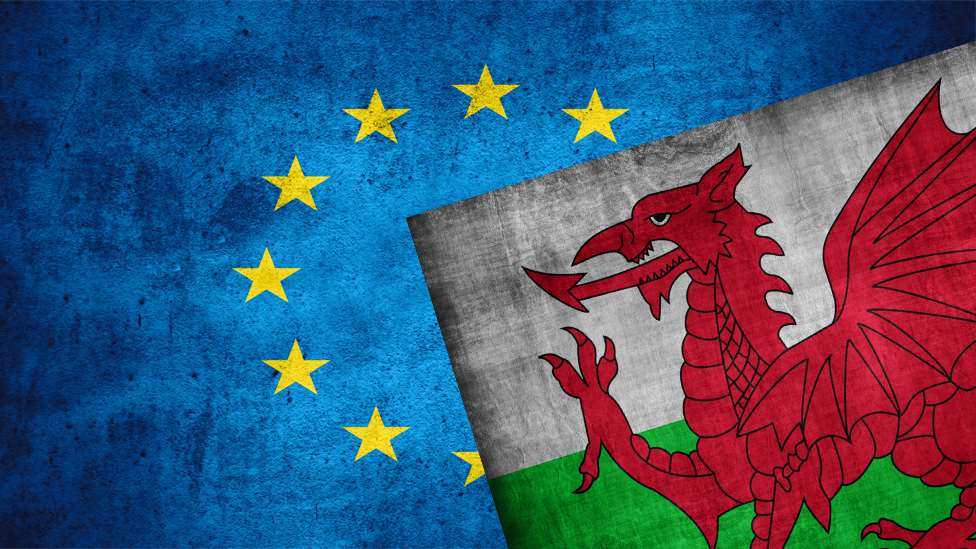
- Published18 November 2016
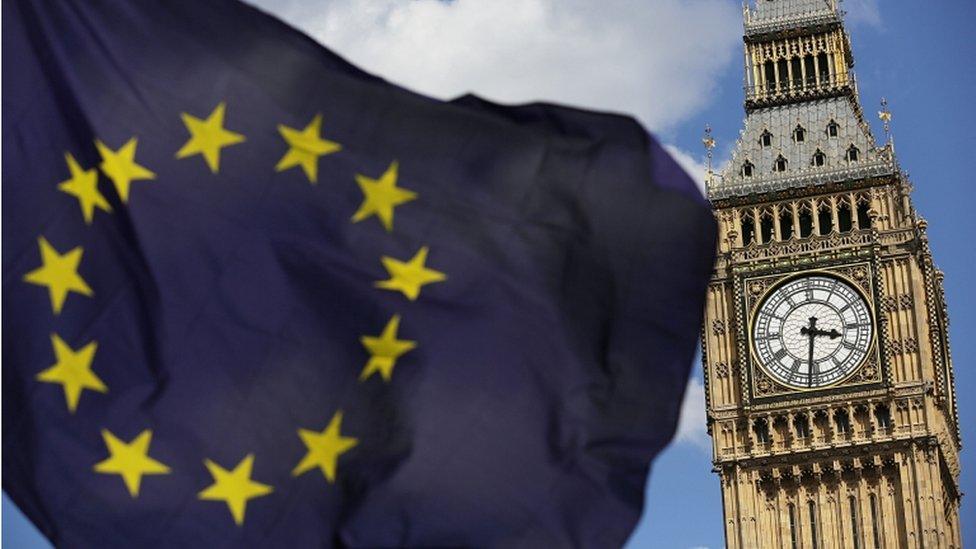
- Published4 November 2016
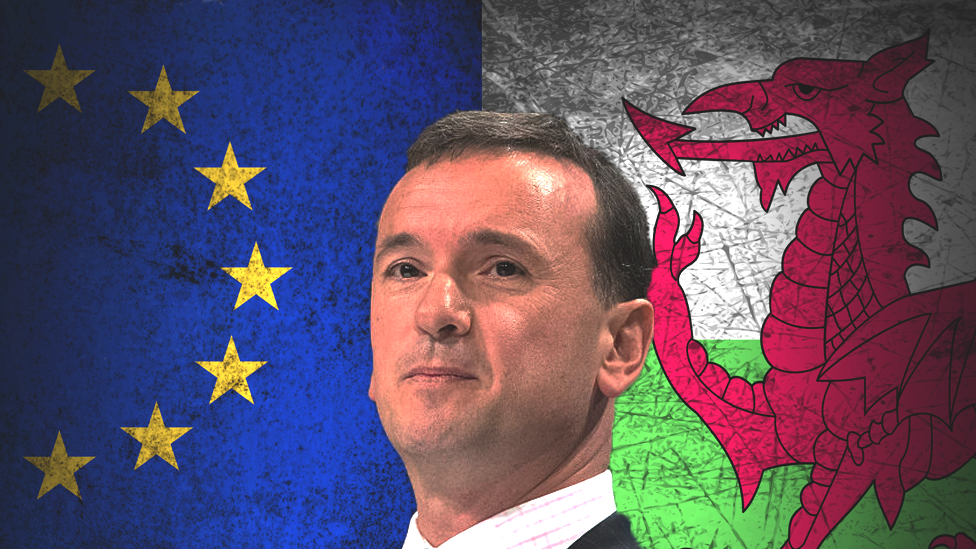
- Published7 November 2016
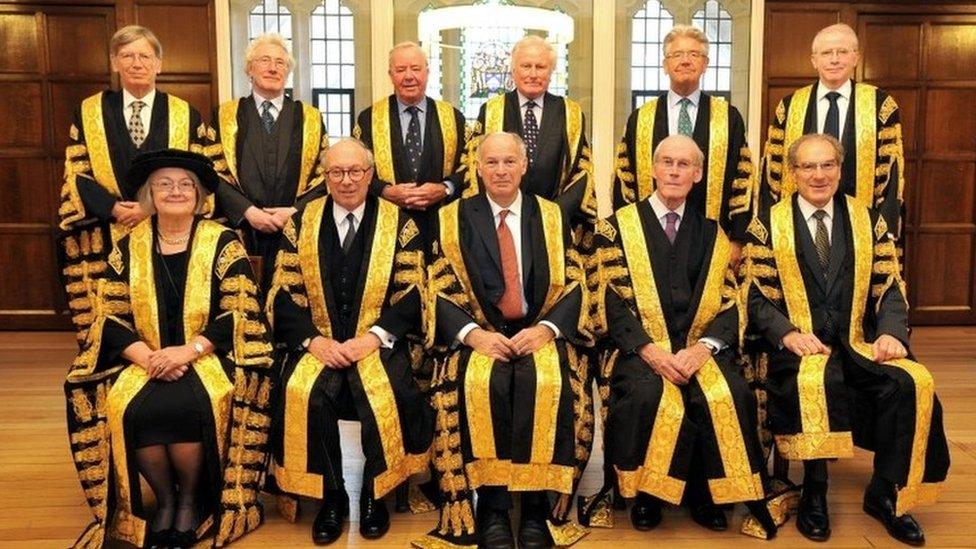
- Published27 November 2016
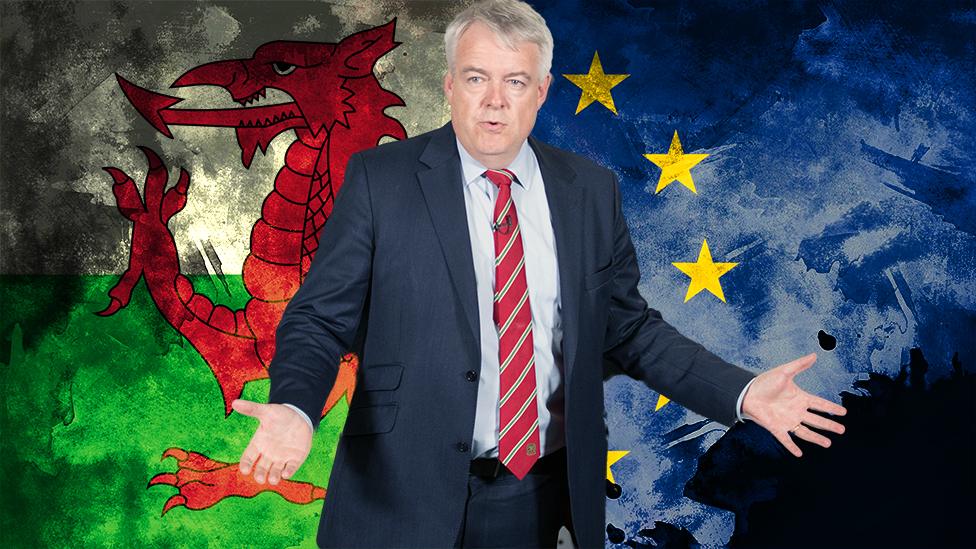
- Published17 October 2016
